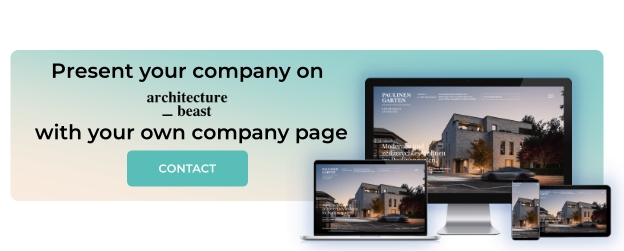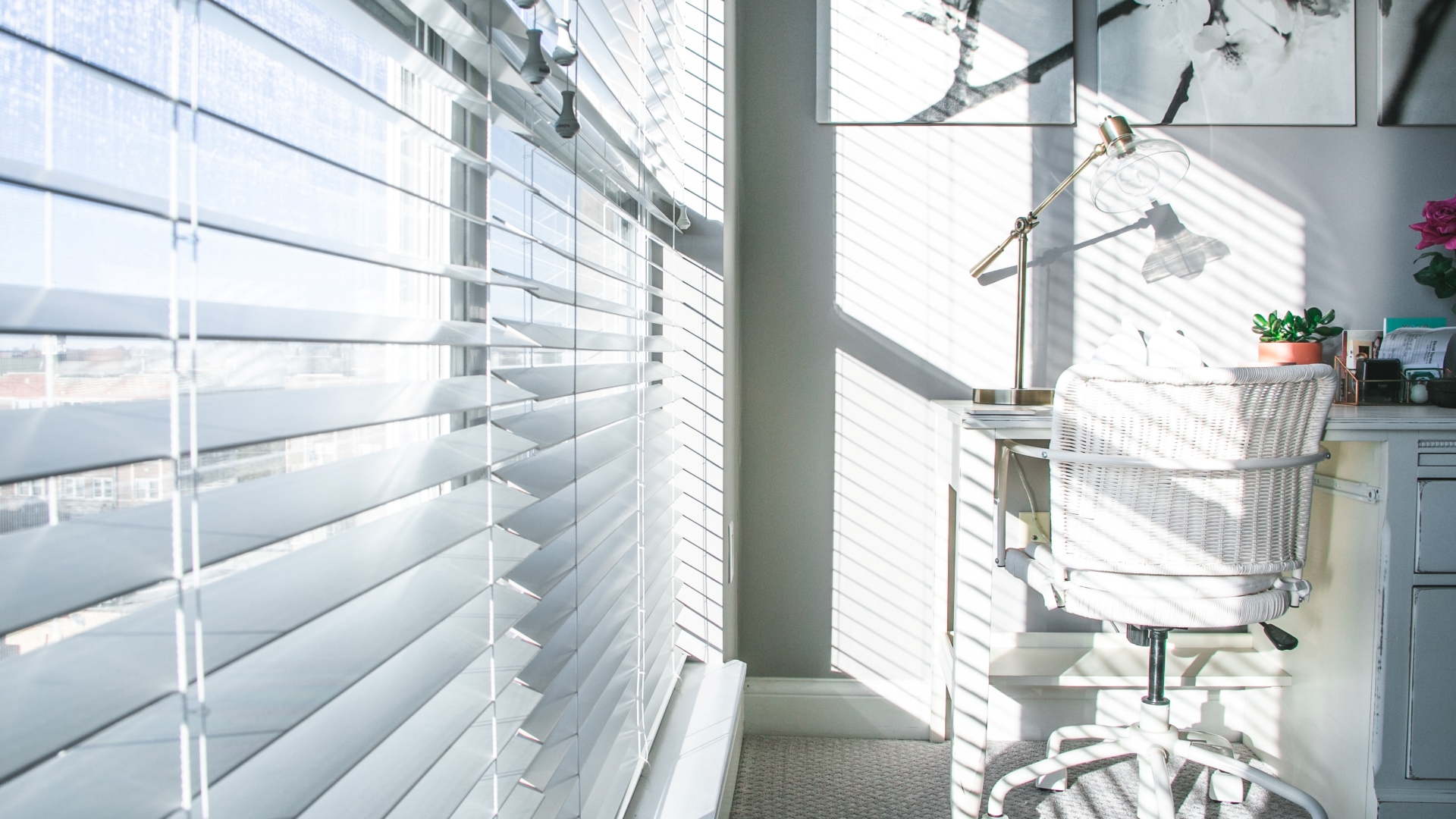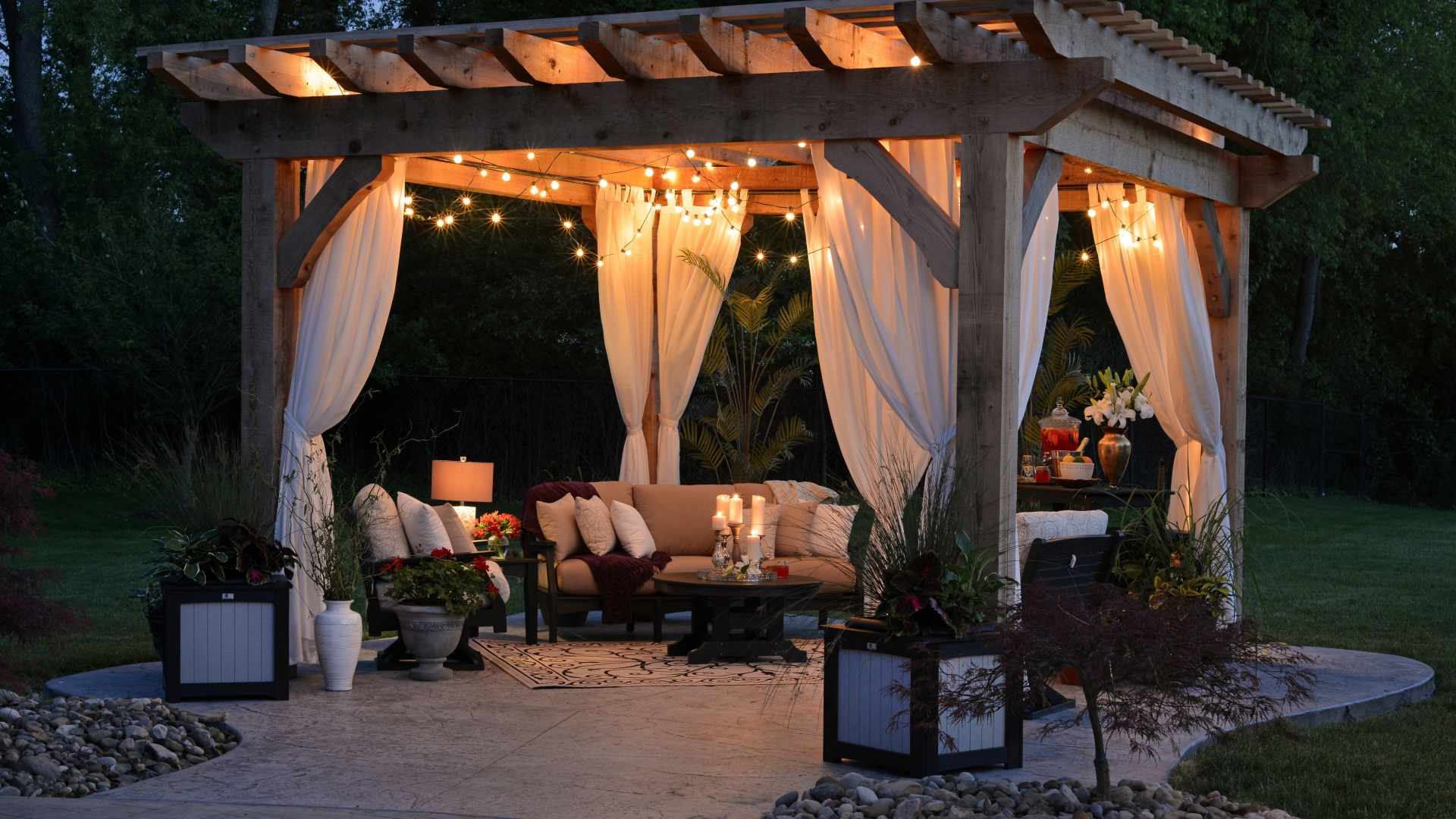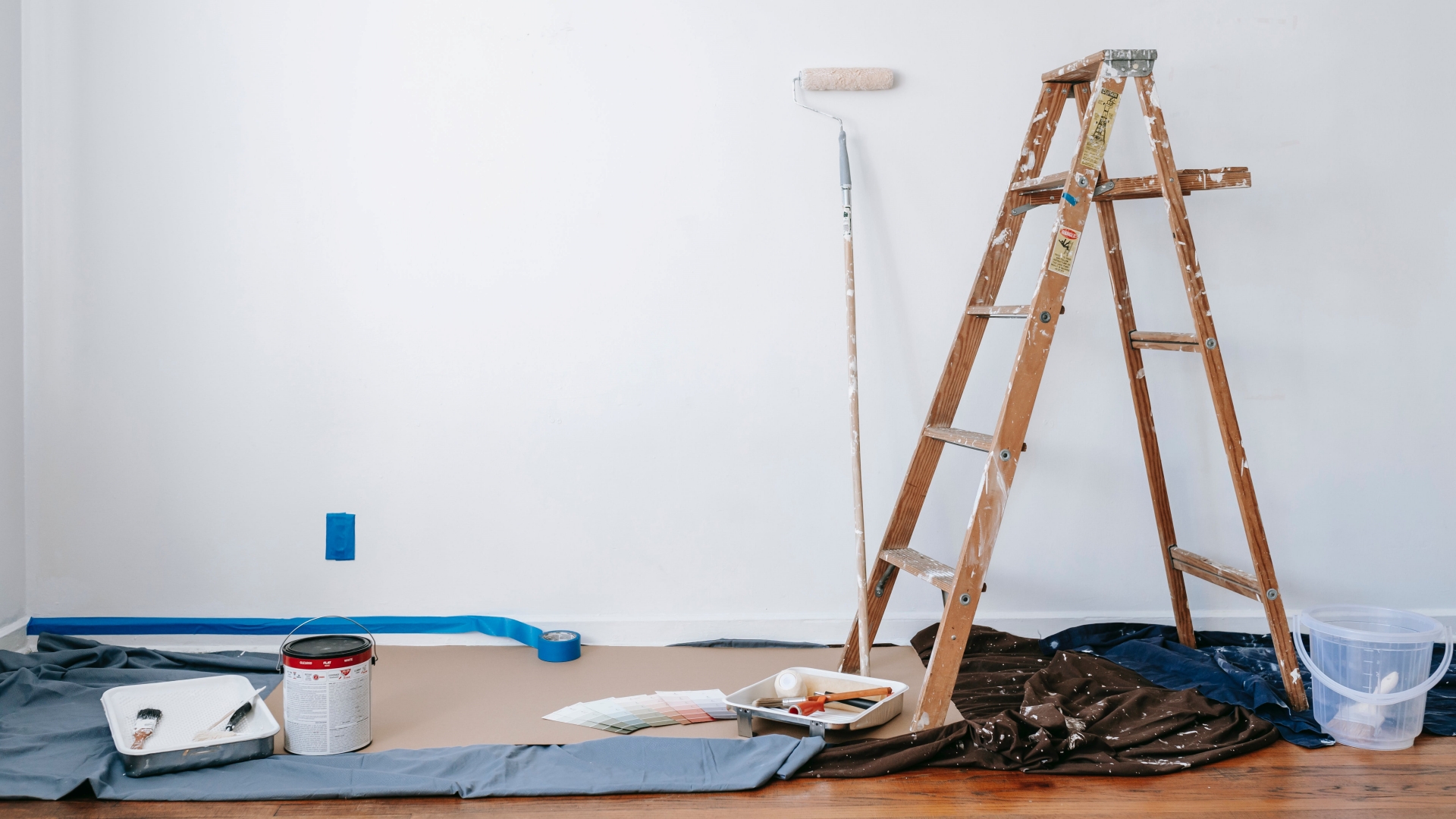Interior design is now acknowledged as one of the most swiftly progressing industries, operating incredibly fast. Trends are perpetually transforming, and old practices have fallen by the wayside.
With the annual introduction of new technology at a blistering pace, this industry is constantly evolving. The relentless nature of this change can be overwhelming, hence, interior designers need to continually refine their skills and expertise. Here are essential tips to pave the way for a flourishing career in this field:
Make Efforts to Boost Your Creative Skills
Creativity is the heartbeat of an interior design career. It’s probably why you consider yourself a great fit for this profession. However, being creative isn’t straightforward. Your job demands that you envision complete transformations of otherwise ordinary spaces and provide immediate solutions for client issues. This is undoubtedly more complex than just matching colors and shapes.
The nature of creativity is still somewhat mysterious. There’s no definitive science on how to boost creativity or generate excellent ideas spontaneously. The only reliable strategy is to generate a plethora of ideas. When you’re productive, the odds of having some fantastic ideas increase, and you also learn from experience, strengthening your creative skills.
Education, Practical Experience, and Certification
In many U.S. states, aspiring interior designers must earn an interior design certificate before starting their professional journey. To be eligible for this certification exam, a degree in interior design from an institution like American International University and approximately two years of work experience is typically required.
The qualifying individuals then take the National Council for Interior Design Qualification exam (NCIDQ), a comprehensive test that assesses your understanding of various aspects including building codes, permits, inspection regulations, construction standards, contract administration, application of design, professional practice, and project management.
Organization
An effective interior designer must exhibit exceptional organizational skills to ensure that projects are finished within the stipulated time and budget. If a project exceeds its scheduled timeline or budget, it will unlikely generate repeat business.
Designers must meticulously plan every aspect of the project, down to the day and the dollar. While unforeseen delays and expenses are bound to occur, always anticipate these potential hiccups and incorporate them into your plans in advance.
Embrace Diversity
The longevity of success in interior design is deeply rooted in stylistic diversity. As an interior designer, you might have encountered several clients whose taste differs from yours. Some might hope you mirror and implement their ideas into a workable design.
To achieve this, you must adopt a wide variety of styles. Even those that may not necessarily resonate with your aesthetic. For instance, if your forte is minimalism, but your client desires something bold and vibrant, it’s your duty to fulfill their needs appropriately.
Venture Beyond Design
Engaging in interior design often means getting directly involved, quite literally. As time goes by, interior designers establish prosperous design companies and bring on board the right personnel for specific tasks.
Nevertheless, if you’re just starting or operating with a limited staff, you might have to take on diverse roles to ensure your project is executed smoothly. Maintain an open mindset and readiness to tackle any task related to your project, and you’ll do great.
Endnote
Succeeding in a cut-throat environment is no laughing matter. It requires significant dedication to keep up with emerging trends and grow alongside the industry. Aim for steadiness, heed the tips above, and embrace changes for progression.










